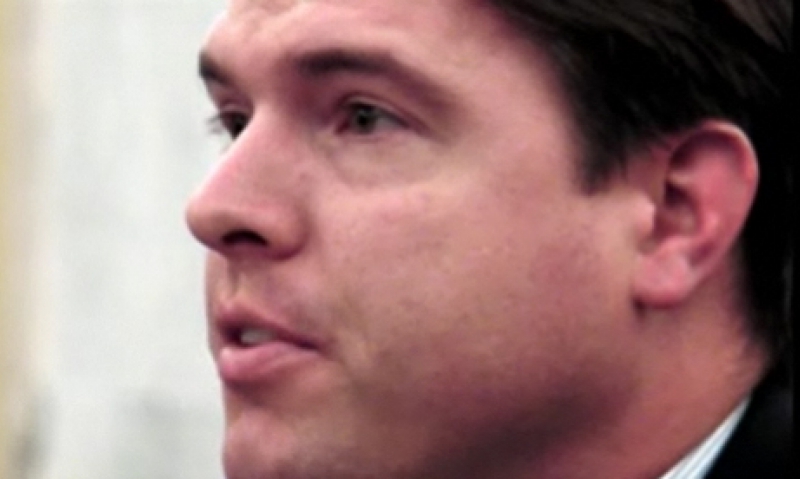
Legion fights for Post-9/11 GI Bill expansion
Telling members of the Senate Veterans' Affairs Committee that the Post-9/11 GI Bill needs to cover non-degree education programs, expert panelist Bob Madden of The American Legion said "vocational, apprenticeship, on-the-job training and flight training are not payable by the current bill. This disparity has caused much concern."
Madden, assistant director for the Legion's Economic Division, told committee members that many returning veterans have a pressing need to get jobs and start earning money - they don't have four years to spare to pursue a traditional degree from a college or university.
"Veterans should be free to choose their school and get the education they believe is best for them and their family," Madden told the committee, chaired by Sen. Daniel Akaka, D-Hawaii. "The American Legion believes that veterans should never be limited in the manner they use their educational benefits."
Two bills, H.R. 3813 in the House and S. 3171 in the Senate, are currently being considered by Congress. They propose changes to the GI Bill that would allow veterans to use their benefits at non-degree granting institutions.
Madden noted some problems VA has encountered in providing veterans with the substantially improved education benefits that went into effect Aug. 1, 2009: increased processing time for certificates of eligibility and benefit claims, late payments to veterans enrolled in school (followed by emergency advance payments in some cases), accidental overpayments followed by unfair recouping of those costs, and a lack of consistency at VA call centers when responding to GI Bill questions.
Such miscues have led to unnecessary hardship for veterans and their families, Madden said. "The American Legion responded to a number of these veterans with Temporary Financial Assistance, one of our many programs to assist veterans and their families.
"Every time a mistake happens, it does not affect VA, but does manage to cause problems for the veteran," Madden said. He said VA needs to provide more outreach to colleges and universities, "to ensure these student veterans have a full range of knowledge concerning their education benefits."
Despite difficulties in implementing new GI Bill benefits, Madden commended VA for taking necessary steps to provide an essentially smooth transition for veterans and their families into the academic environment.
"We have seen numerous bumps along the way, but VA has had to make some tough choices, such as the emergency payment, to correct those problems," Madden said. But The American Legion "is a constant supporter of VA and is working with them to ensure that veterans and their families get the necessary assistance during this education transition."
In his opening statement, Akaka said he plans to introduce legislation before Memorial Day to help improve veterans education benefits. "There is much to do to make this program as good as it can be.... Today, we begin that process."
Other panelists who testified before the committee included Keith Wilson, director of VA's Education Service, Robert Clark, assistant director for accession policy at DoD, and Faith DesLauriers, legislative director for the National Association of Veterans' Program Administrators.
